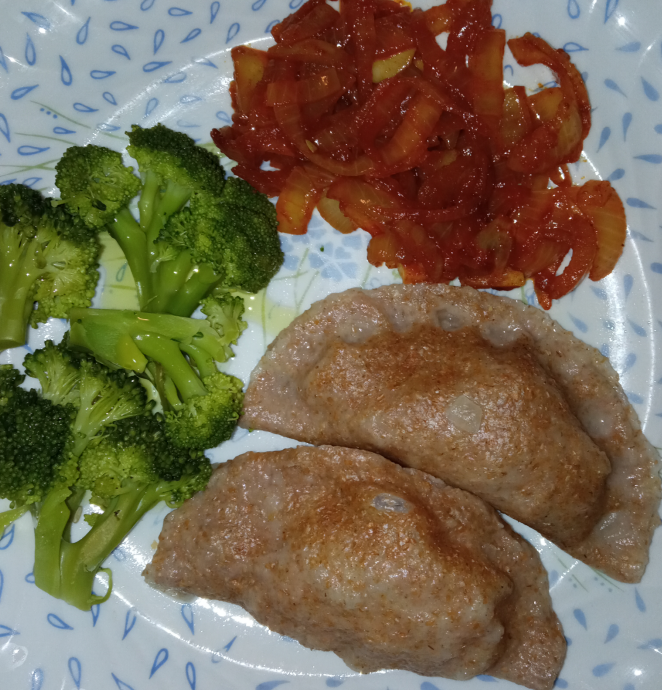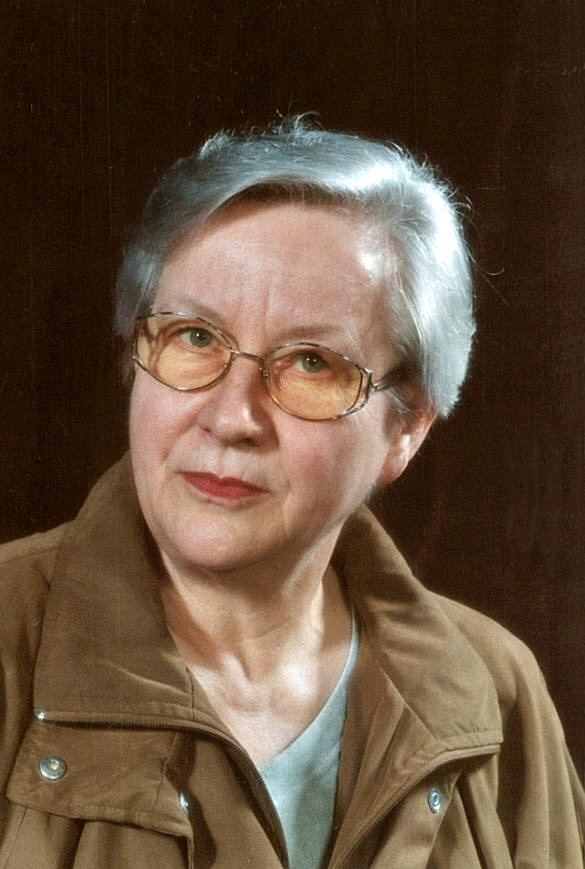


One more year is coming to an end. And again in western countries there is still this spirit of Christmas, this break when we remember friends and join family as much as possible in the haste of a modern life that seems to suck every second without us even noticing time passing by.
It is the upper class (AB) where the frequency of eating meat, fish, dairy, and eggs is lower among the various social classes in Portugal. This is one more conclusion from Centro Vegetariano's research. In September 2017 Centro Vegetariano (CV) organized a survey to learn more about the eating habits of the Portuguese population. A representative sample of the population answered a number of questions including how often do they eat meat, fish, milk and eggs, directly or as processed foods.
It was mostly women living in the south of Portugal and from the upper social classes that responded affirmatively to the question: "Do you know at least one person who follows an exclusively vegetarian diet?".
The latest study by Centro Vegetariano (CV), carried out in September 2017 by AC Nielsen, allowed us also to look into the perception that Portuguese people have of vegetarianism.
When asked about the nutritional side of a plant-based food, 42% of the Portuguese agree that the latter provides us with all the necessary nutrients to stay healthy. 39% of those revealed that they know at least one person who follows a 100% plant-based diet.
In September 2007, Centro Vegetariano, with AC Nielsen, conducted a survey to determine for the first time the number of vegetarians in Portugal.
Ten years later, a follow-up survey was conducted to determine the evolution. The results showed a considerable increase in the number of vegetarians, in the range of a 4-fold increase:
In 2000 I predicted that we would have a predominately vegan world by 2050. Who would have guessed that in 15 years we would have made as much progress as we have. Back then almost every vegan felt that we would never have a vegan world. Those that did agree that we would have a vegan world felt that it would take centuries to get there. With the progress that we made in 15 years and at an ever increasing rate, just think what the next 35 years will bring.


Herma Caelen has been an activist for more than a decade. Among countless other roles, she was the Honorary General Secretary of European Vegetarian Union (EVU), launched the mailing lists animal_net and later the European Vegetarian and Animal News Alliance (EVANA). She has organised a number of international campaigns and has been a strong supporter of the International Vegetarian Week right from the start.
Centro Vegetariano (CV) and Rádio Defesa dos Animais (RDA) were curious to learn a little bit more about Herma’s work.
It’s the future. We turn on the T.V. to a half-hour, commercial-free news program. A reporter speaks: Today is the 10th anniversary of the last case of the deadly 'sad cow' disease that turned the whole world vegan at once,and everyone is amazingly feeling better! We take you now to view a sampling of the general public walking the streets. They move with agility. Now we take you to a clip from ten years ago. Dare I say that we appear to be a more evolved species, even than 10 years ago? It was TRUE what the pioneer vegans told us of veganism being the next step in the evolution of humankind!
It's a widely held belief that people need animal products for survival and good health, even though there are many long-time vegans who are very often healthier than the omnivorous majority. Any country whose economy is largely based on animal exploitation results in its people believing that there's little left to eat if you don't eat animal products. When people find out that I'm vegan, they ask me, 'But what is left to eat?' I tell them that I eat from the vast variety of plants found in the New Four Food Groups; grains, legumes, vegetables and fruit as recommended by the Physicians Committee for Responsible Medicine, rather than from the food group charts that were produced by those who profit from dairy and meat consumption.


Dateline: June of the year 2109, in a high school social sciences class in Boise, Idaho.
Some naysayers have questioned the effectiveness of the vegetarian movement. They note that US and world meat consumption is rising, that factory farms are getting bigger and more oppressive, and that the Humane Slaughter Act is a sham.
There are those that do not believe that we will have a vegan world by 2050. Let me show you why I believe that we will. In business there is a principle called trend analysis that can be applied to my argument . It uses the past and the present to help determine the future. As far as veganism is concerned, just look at the last 50 years. In 1960 there were only a very few vegetarian restaurants and probably not a single vegan restaurant anywhere in the USA. Even the word vegan was something that very few ever heard, including vegetarians. Vegan options in the supermarket, except for produce, were almost non-existence. To get vegetarian food you had to go to a Seventh Day Adventist store and in larger cities a few health food stores would carry a limited number of vegetarian food options. Most imitation "meat" came from Loma Linda Foods or Worthington and most of those came in cans. Most vegetarians and the very few vegans were Seventh Day Adventists. Of course there were some non-Seventh Day Adventists vegetarians and vegans in this country. Our numbers were much less than they are today.